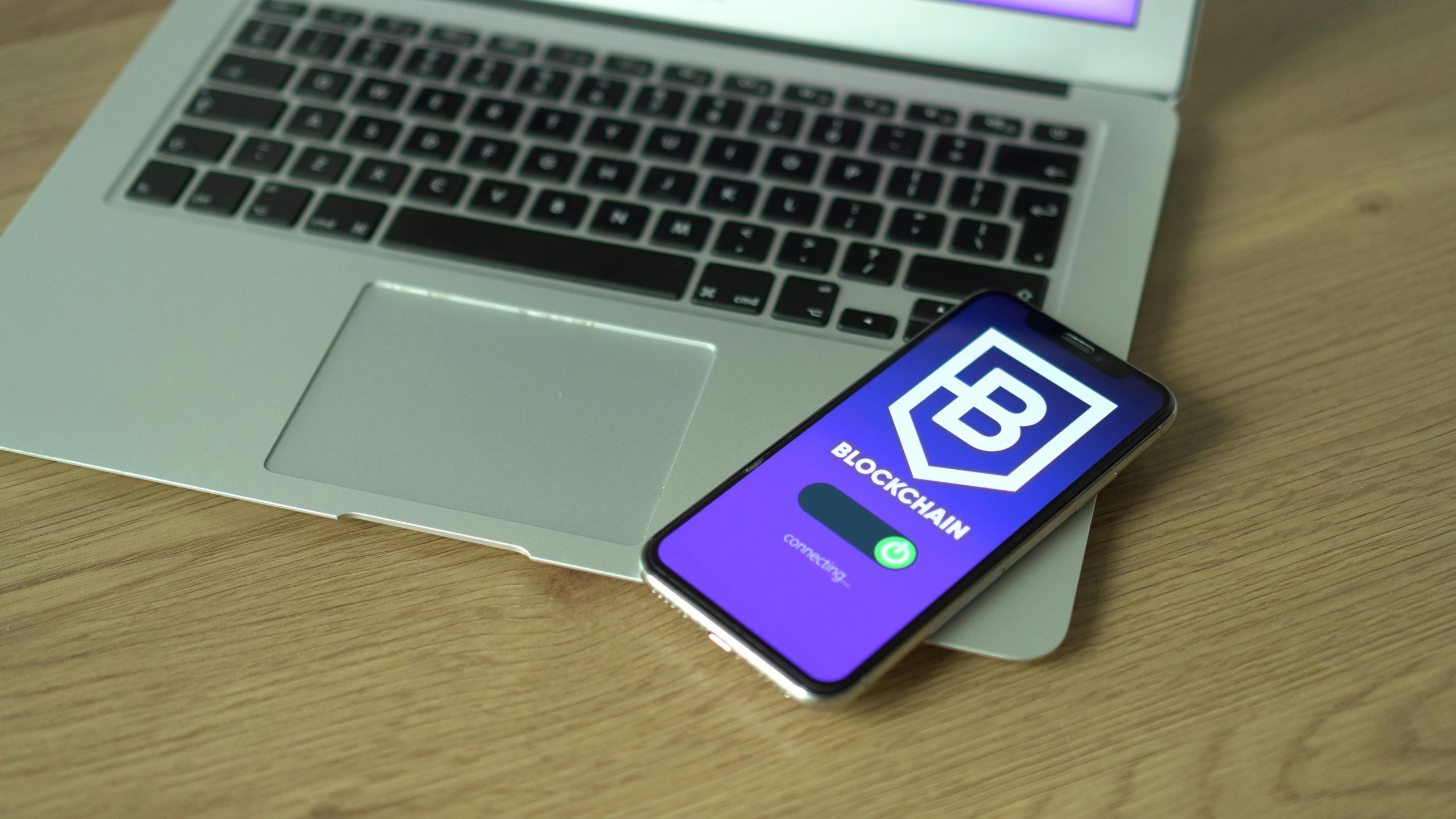When most people hear the word “blockchain,” they immediately think of cryptocurrencies like Bitcoin or Ethereum. However, blockchain technology extends far beyond digital currencies, offering transformative solutions across multiple industries. From supply chain management to healthcare, blockchain’s decentralized, transparent, and secure nature is revolutionizing how businesses operate. Here are 10 real-world applications of blockchain that are reshaping industries today.
1. Supply Chain Management
One of the most promising applications of blockchain is in supply chain management. Traditional supply chains are often plagued by inefficiencies, lack of transparency, and fraud. Blockchain addresses these issues by providing an immutable ledger that tracks every step of a product’s journey.
Key Benefits:
- Transparency: Every transaction is recorded and visible to all stakeholders.
- Traceability: Products can be traced back to their origin, ensuring authenticity.
- Efficiency: Smart contracts automate processes, reducing delays and errors.
Companies like Walmart and Maersk are already leveraging blockchain to track food shipments and streamline logistics, respectively.
2. Healthcare
The healthcare industry faces challenges such as data breaches, interoperability issues, and counterfeit drugs. Blockchain offers a secure and efficient way to manage medical records and pharmaceutical supply chains.
Key Applications:
- Electronic Health Records (EHRs): Blockchain ensures secure, tamper-proof patient records accessible only to authorized parties.
- Drug Traceability: Prevents counterfeit medicines by tracking pharmaceuticals from manufacturer to patient.
- Clinical Trials: Enhances transparency and data integrity in research studies.
Organizations like IBM and the FDA are exploring blockchain to improve healthcare data management.
3. Voting Systems
Voter fraud and low turnout are persistent issues in elections worldwide. Blockchain can create secure, transparent, and tamper-proof voting systems.
Advantages:
- Security: Votes are encrypted and cannot be altered or deleted.
- Transparency: Results are publicly verifiable without compromising voter anonymity.
- Accessibility: Enables remote voting, increasing participation.
Countries like Estonia and Sierra Leone have experimented with blockchain-based voting, showcasing its potential.
4. Real Estate
Real estate transactions are often slow, expensive, and prone to fraud. Blockchain simplifies the process by digitizing property records and automating contracts.
How It Helps:
- Smart Contracts: Automate payments and transfers, reducing the need for intermediaries.
- Fraud Prevention: Immutable records prevent title fraud and disputes.
- Fractional Ownership: Enables tokenization of properties, making real estate investment more accessible.
Platforms like Propy are already facilitating blockchain-based real estate transactions.
5. Intellectual Property and Royalties
Artists, musicians, and creators often struggle with piracy and unfair royalty distribution. Blockchain provides a transparent way to manage intellectual property rights.
Benefits for Creators:
- Proof of Ownership: Timestamped records establish authorship.
- Automated Royalties: Smart contracts ensure creators are paid fairly and promptly.
- Anti-Piracy: Digital content can be tracked and monetized effectively.
Projects like Audius and Mycelia are using blockchain to empower musicians and artists.
6. Energy Trading
The energy sector is undergoing a transformation with the rise of renewable energy sources. Blockchain enables peer-to-peer energy trading, allowing consumers to buy and sell excess energy directly.
Key Features:
- Decentralized Grids: Reduces reliance on traditional utility companies.
- Transparency: Tracks energy production and consumption in real time.
- Cost Savings: Eliminates intermediaries, lowering transaction costs.
Companies like Power Ledger are pioneering blockchain-based energy trading platforms.
7. Identity Verification
Identity theft and data breaches are growing concerns in the digital age. Blockchain offers a secure solution for identity verification.
Advantages:
- Self-Sovereign Identity: Users control their personal data without relying on centralized authorities.
- Security: Encrypted data is resistant to hacking.
- Streamlined Processes: Simplifies KYC (Know Your Customer) procedures for businesses.
Initiatives like Microsoft’s ION and Civic are leveraging blockchain for decentralized identity solutions.
8. Food Safety
Foodborne illnesses and contamination are major public health concerns. Blockchain enhances food safety by providing end-to-end traceability.
How It Works:
- Farm-to-Table Tracking: Records every step of the food supply chain.
- Rapid Recalls: Identifies contaminated products quickly, minimizing outbreaks.
- Consumer Trust: Buyers can verify the origin and quality of their food.
Companies like Nestlé and Carrefour are using blockchain to ensure food safety and transparency.
9. Legal Industry
Legal processes are often slow and paper-intensive. Blockchain can streamline contract management and dispute resolution.
Applications:
- Smart Contracts: Automate legal agreements, reducing the need for intermediaries.
- Notarization: Provides tamper-proof timestamps for legal documents
